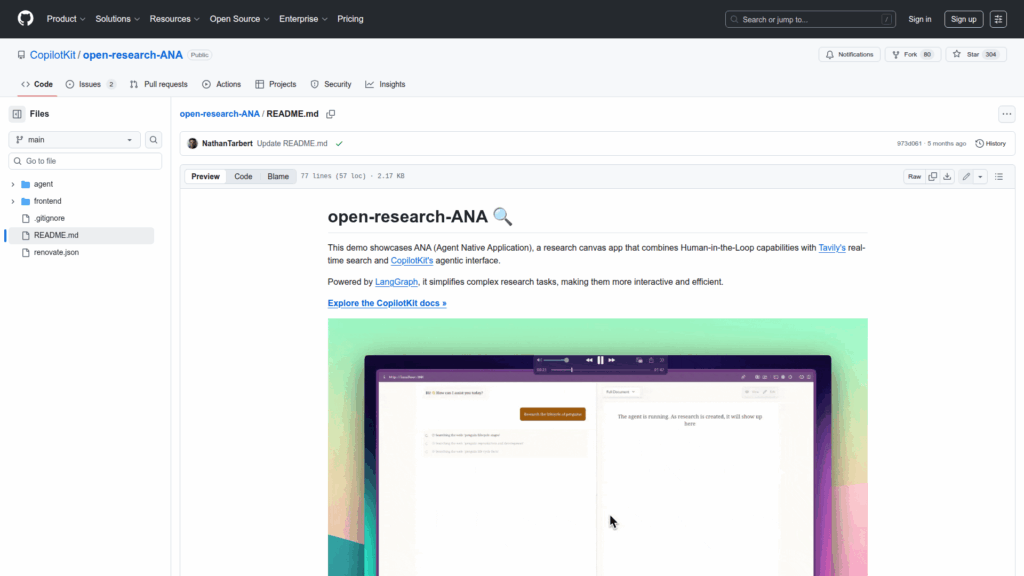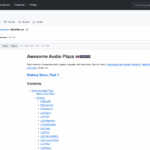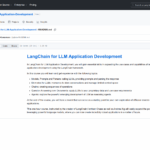open-research-ANA
Basic Information
open-research-ANA is a demo Agent Native Application (ANA) that provides a research-focused canvas combining human-in-the-loop workflows with real-time search and an agentic interface. The project showcases how to orchestrate an interactive research agent using LangGraph for orchestration, Tavily for real-time search, and CopilotKit for the agent interface. The repository contains two main components to run locally: an agent service and a frontend application. The README documents prerequisites, required API keys, and step-by-step local startup commands so developers and researchers can run the demo, open a tunnel to a locally running agent, and interact with the canvas. It is positioned as a practical example for building and experimenting with interactive, agent-driven research tools rather than a production product.








